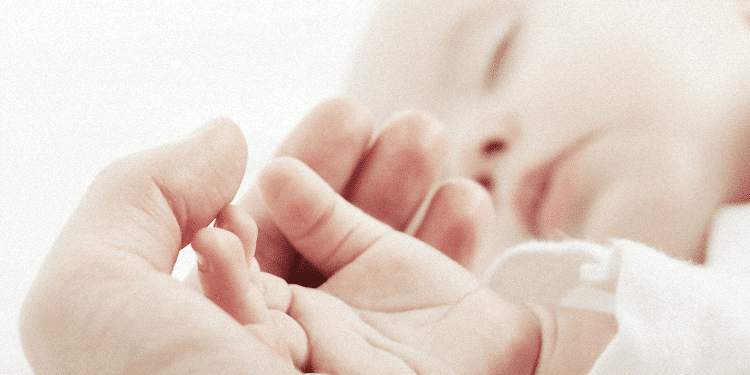Functional Medicine Nutritionist, specializing in preconception and prenatal care
Postpartum Depression (PPD) Part II: How to Prevent It
Postpartum depression (PPD) is the most common complication of childbirth, exceeding gestational diabetes and preterm birth. There are numerous known psychological and risk factors for PPD, including life stressors, lack of support and depression. In our previous post, we shared some common contributing factors for PPD.
So how can a mom-to-be best support herself to prevent PPD or during PPD?
Here are several steps you can take to reduce the risk of PPD:
- Look into introducing a doula into your life prior to giving birth and for 3-6 months after. A doula is a professional trained in childbirth that can support you through the birthing process. A postpartum doula provides guidance on infant feeding, baby bonding, recovery and more. Having a strong support system is an important factor in preventing PPD.
- Build a community with other moms. Join a mom’s group, either in your community or online. These groups allow you to communicate with others who may be going through or have gone through PPD. Postpartum Support International can help you find an online support group. Prenatal yoga is also a great place to meet other moms to be and new moms and helps reduce stress.
- Lower your expectations of what you can and should do by at least 25-30%. High expectations, of yourself and of what being a good mom ‘should be”, can create feelings of inadequacy related to PPD.
- If possible, delay going back to work, especially on a full-time basis, for a minimum of 6 months. Lack of sleep, hormonal changes and job stress can contribute to PPD.
- Take supplements to support your neurotransmitter production: 5HTP, GABA, L-theanine, glycine, B-6, folate, B-12. You need these while your hormones are trying to find their way back to normal. You may want to consult with a practitioner who specializes in prenatal care to guide you.
- Continue on your prenatal vitamin for 6 months to a year.
- Conserve your time and energy by shopping for quality food and nutritious meals online. Thrivemarket.com for dry goods is a wonderful option as well as butcherbox.com for grass-fed/organic meats and poultry. CSA or Farm Fresh direct to have fruits and vegetables delivered to your doorstep. Packaged organic meals by Sunbasket.com is also a time, thought, money, and energy saver. Moms with PPD tend to have nutrient deficiencies that impact anxiety and depression.
- Have a complete thyroid panel done 6-8 weeks postpartum. This includes TSH, Free T4, Free T3, reverse T3, and TPO antibodies. You can request this from your OBGYN or order from online labs. Hypothyroidism and PPD are linked because thyroid hormones regulate the metabolism of all of your cells.
It’s very helpful to look at the 9 months to a year after giving birth as your fourth trimester.
Be gentle and kind to yourself during this year and if you’re finding it hard to cope, reach out and get help. Call us at 714-375-1110 or contact us online. Also, remember that PPD is fixable and no mom should suffer needlessly.





































